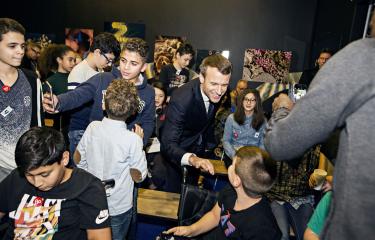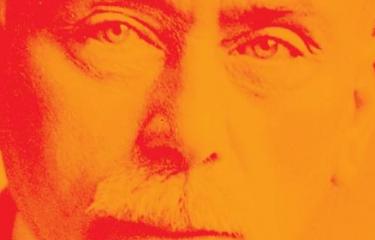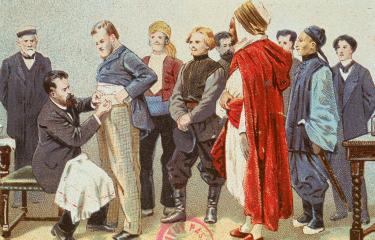From December 14, 2017 to August 19, 2018, the Palais de la découverte in Paris is hosting an exhibition entitled "Pasteur, the experimenter" ("Pasteur, l'expérimentateur"). The exhibition, curated by Universcience in collaboration with the Institut Pasteur, looks at Louis Pasteur's career – his many and varied research fields, his talent as an experimenter and also his links with art, technology and industry – and sheds light on events and figures that have long remained in the shadows.
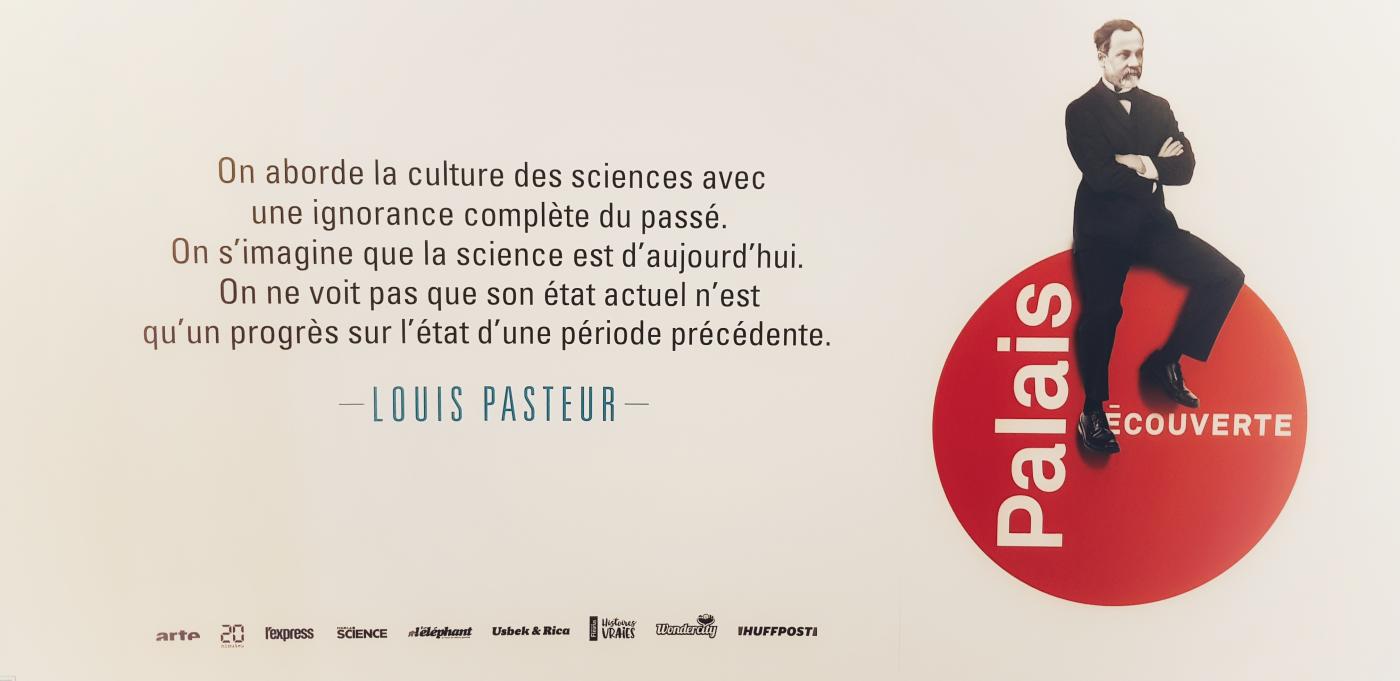
Even during his lifetime, Louis Pasteur became a legend, especially (but not only) because he had managed to overcome that fatal and most spectacular of all diseases, rabies. Pasteur's achievements resulted in the process of pasteurization – which was named after him – as well as many significant advances in chemistry and microbiology. "Few eminent scholars had the scientific and social success that Pasteur did. Countless streets, schools and scientific institutions now bear his name, both in France and abroad," explains Bruno Maquart, President of Universcience, in the press release about the exhibition. "It's this great man that the Palais de la découverte is exploring here. By presenting the "Pasteur method", which characterizes the approach of today's great scientists, the exhibition "Pasteur, the experimenter" shows just how relevant and topical the achievements of this man – often regarded as the father of modern science – really are."
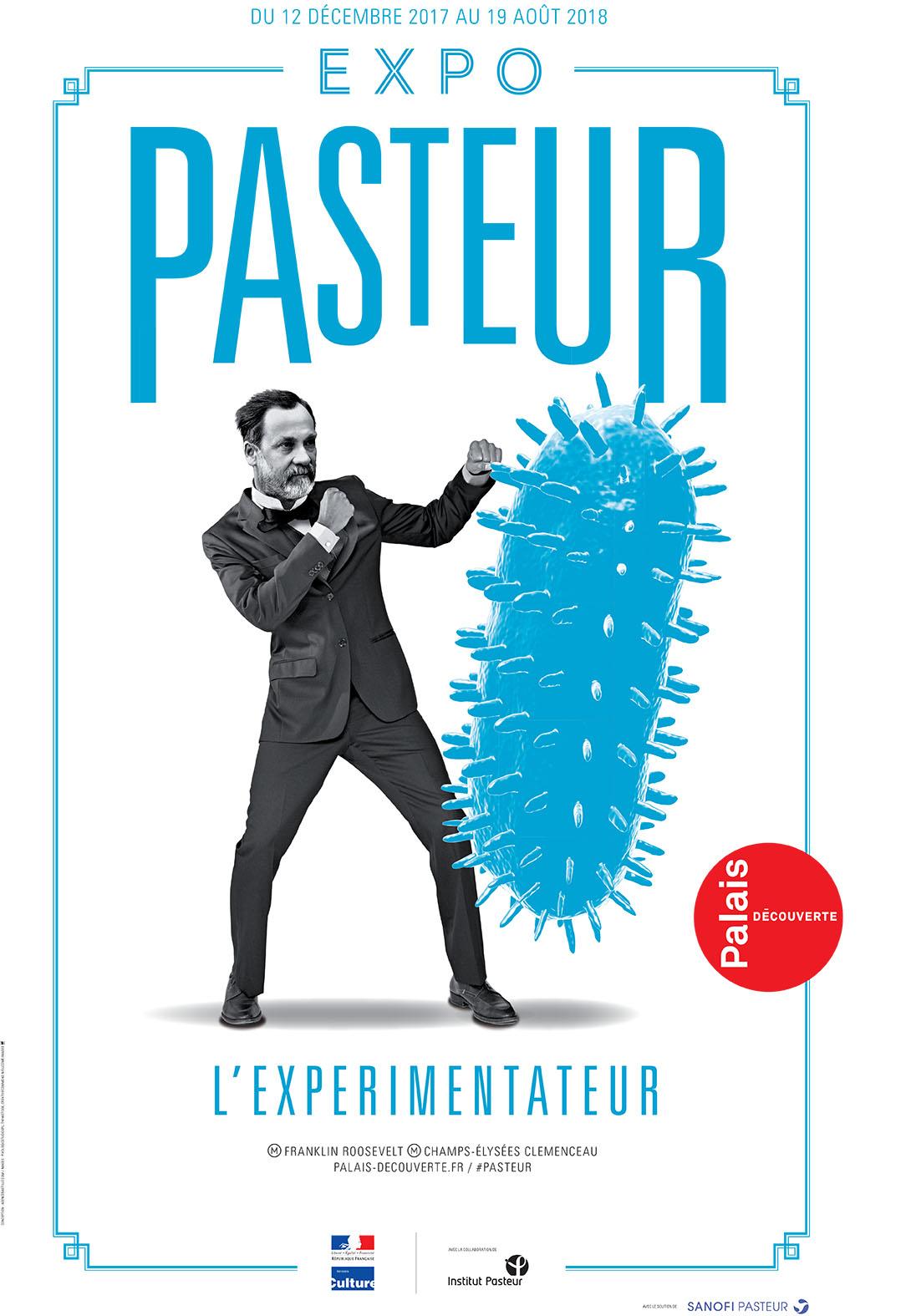
The exhibition draws on theatrical imagery – it is divided into several "acts", each illustrating one of Pasteur's main scientific periods. It uses films, interactive displays, reconstructions, animated models and "optical theaters" to tell Pasteur's story and showcase the achievements he made with his fellow scientists.
- ACT 1: Crystals and dissymmetry (1847-1857)
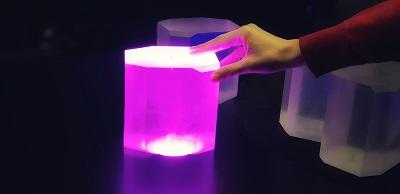
- ACT 2: Fermentation (1857-1876)
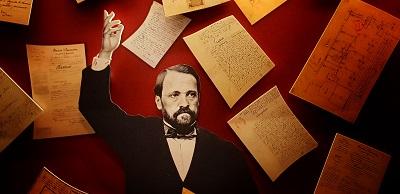
- ACT 3: Spontaneous generation? (1859-1864)
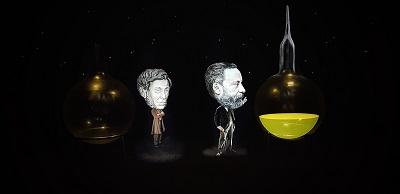
- ACT 4: Silkworm diseases (1865-1869)
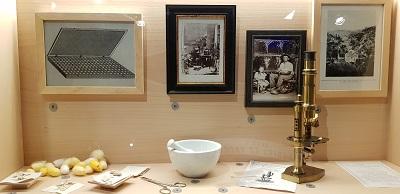
- ACT 5: Diseases and vaccines (1876-1895)
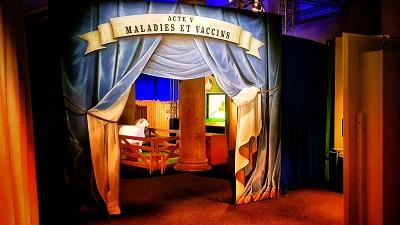
- ACT 6: Pasteur's legacy (1885-1930)
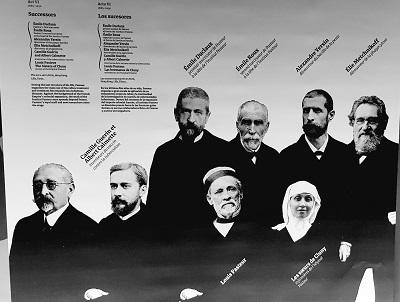
- EPILOG: New perspectives on microorganisms
This epilog looks at the topic of vaccination and its basic principles, providing some current examples. A multimedia game and a film demonstrate the ingenious nature of today's scientific research and show how that same ingenious approach can be traced back through history.
The exhibition "Pasteur, the experimenter", open to all those aged 9 and over, is an entertaining collection of films, interactive activities, reconstructions of historical scenes, animated models and an "optical theater", which together tell the fascinating story of Louis Pasteur and his work.
Palais de la découverte. Avenue Franklin D. Roosevelt, 75008 Paris, France.
Metro station: Franklin D. Roosevelt.
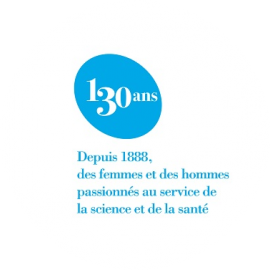
For more information, please visit



